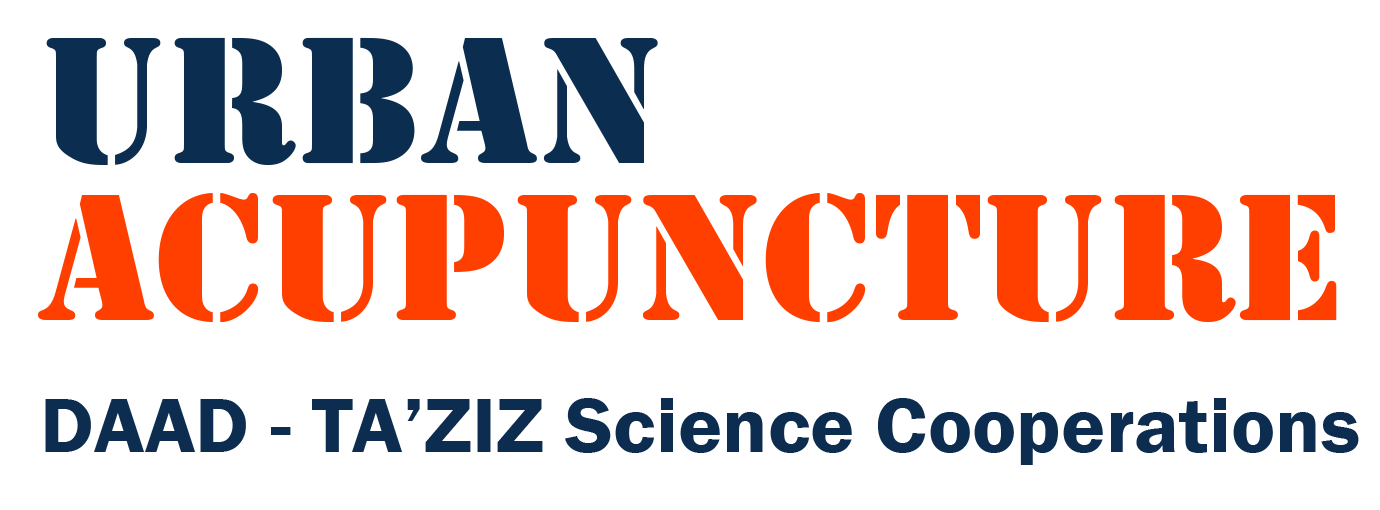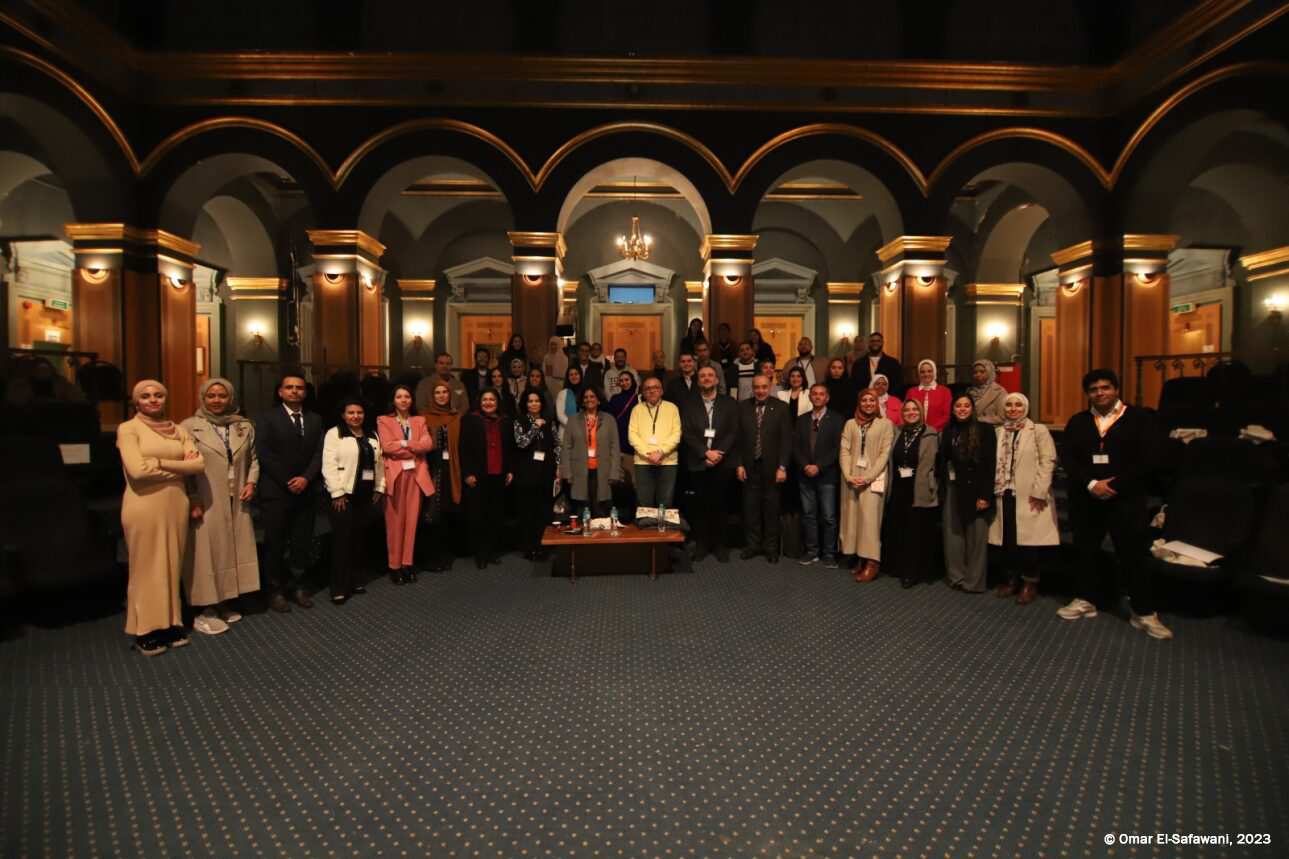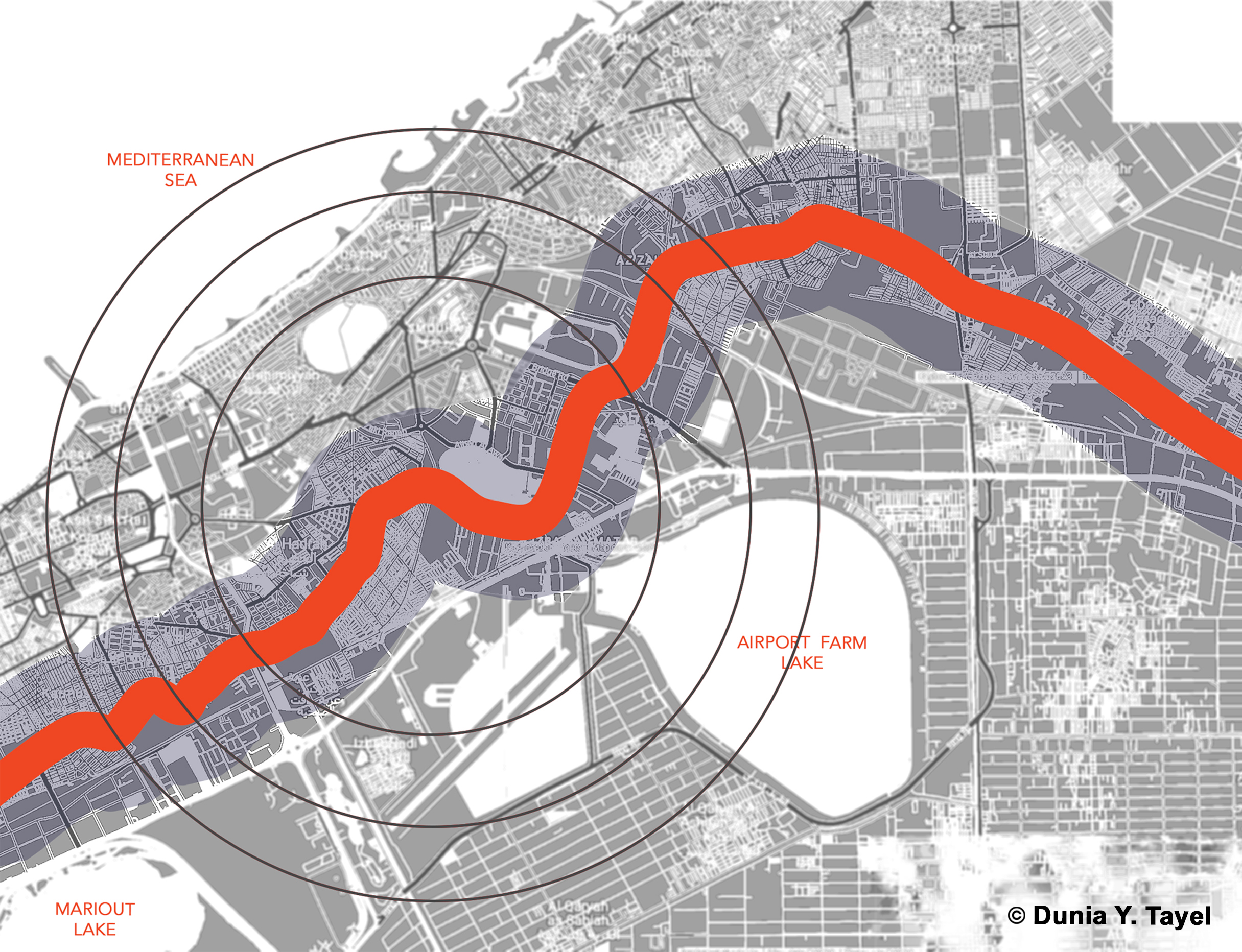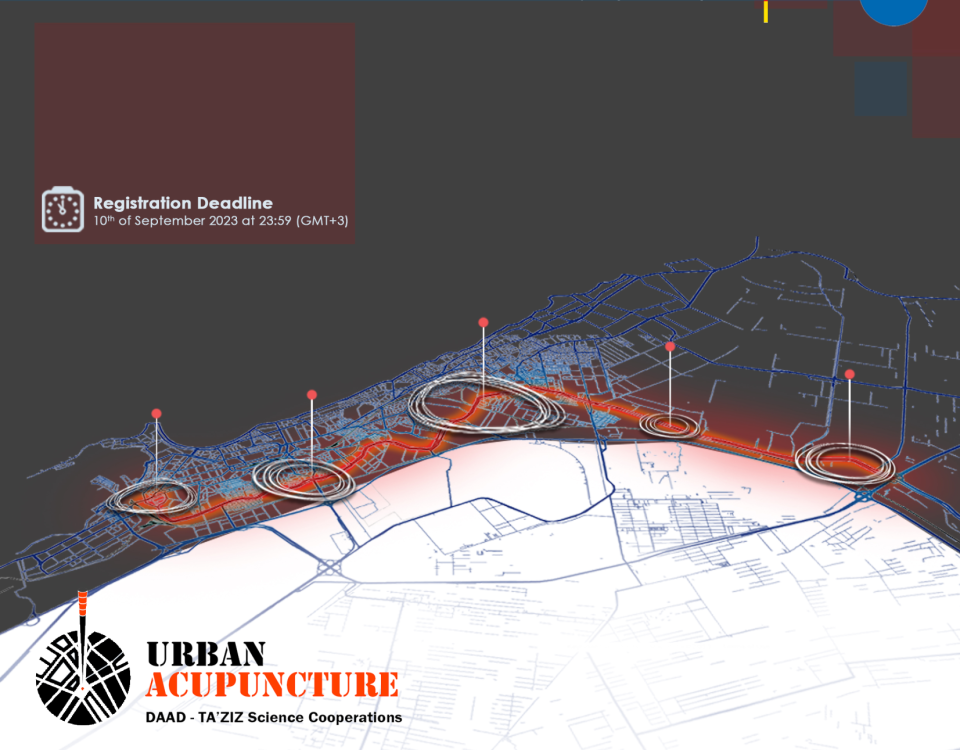Urban Acupuncture, initially introduced in 1983, entails a comprehensive approach to data collection, analysis, and design aimed at providing prompt spatial solutions for quotidian pressure points in small urban spaces. In the context of Egypt, it is imperative to apply the principles of Urban Acupuncture to re-evaluate the efficacy of regeneration projects and their integration into urban planning strategies. However, the lack of active community participation has resulted in a passive implementation of transient and cost-effective measures, limiting their impact on comprehensive urban strategies. Addressing these issues through the lens of Urban Acupuncture can help facilitate a meaningful and sustainable approach to urban development in Egypt.
Fellowship in Alexandria
June 3, 2024
June 3, 2024
December 27, 2023
December 25, 2023
December 25, 2023
December 22, 2023
September 27, 2023
Fellowship in Alexandria – Selection Announced We would like to express our sincere gratitude for your patience and understanding throughout the selection process. The competition was […]
September 16, 2023
Registration is Closed Registration was open till September 16th, 2023. More is coming soon. Stay tuned for more programs. Current programs
September 7, 2023
Fellowship in Alexandria Deadline Extension
August 26, 2023
Join Fellowship in Alexandria REQUIREMENTS: All documents stated below should be combined in one PDF (no more than 8 MB) and uploaded on the submission form. […]
August 24, 2023
Download Poster Download Poster






